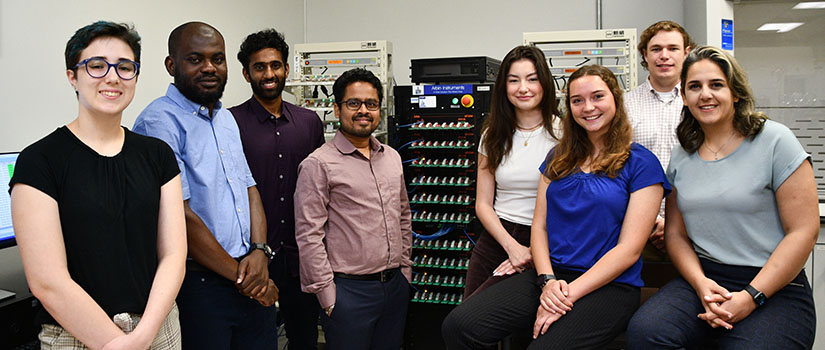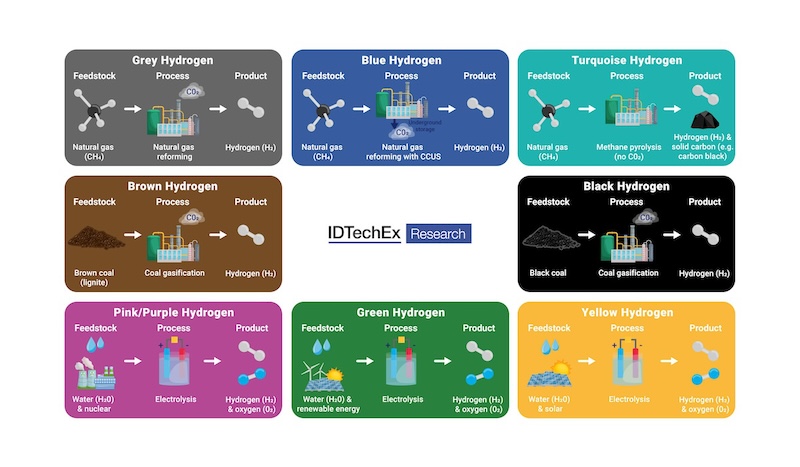The 2006 National Manufacturing Week survey of manufacturers in the United States shows that 44% expect manufacturing to trail the overall economy in 2006, up from 34% in the previous year’s survey, and that a substantial majority expect the economy to grow more slowly — less than 2.9% — in the year ahead than most economists predict.
“Most economists expect the overall economy to do better than that, including our own” said National Association of Manufacturers President John Engler. “It’s not that manufacturers are unduly pessimistic, but they are contending with unprecedented challenges that affect their outlook.”
Tony Raimondo, Chairman and CEO of Behlen Manufacturing Company in Columbus, Nebraska, and a member of the NAM Board of Directors, said that energy was looming ever larger as a serious cost factor in his industry. “The government encourages us to rely more and more on natural gas for energy, and then makes it virtually impossible to access more supplies of natural gas. The result is the highest natural gas prices in the world.
“We have also got to get a handle on health care costs,” Raimondo said. “We’re looking at double-digit cost increases every year on what is already a major cost item. This survey shows that the cost of‘non-wage compensation’ is having the greatest negative impact on manufacturers today, and by far the biggest item in that category is health care.”
“If the U.S. is to preserve its position as a major economic power in the 21st century it must stay out in front of the innovation curve, and it will need a much better-prepared workforce to do so,” Engler continued. “Like every modern nation, the United States is deeply involved in globalization. Technology and competition will only increase America’s need to have access to highly skilled professionals. But our schools and training programs just aren’t doing the job.”
Ronald D. Bullock, CEO of Bison Gear & Engineering Corporation in St. Charles, IL, underscored Engler’s comments. “I recently filled an engineer’s position that had been open for 18 months,” Bullock said. “Right now, I have at least five empty slots, some of which have been empty for months. I need more people to keep up with demand, but I can’t just hire anyone off the street. This is complicated work. We need people with strong backgrounds in math, science and computers.”



